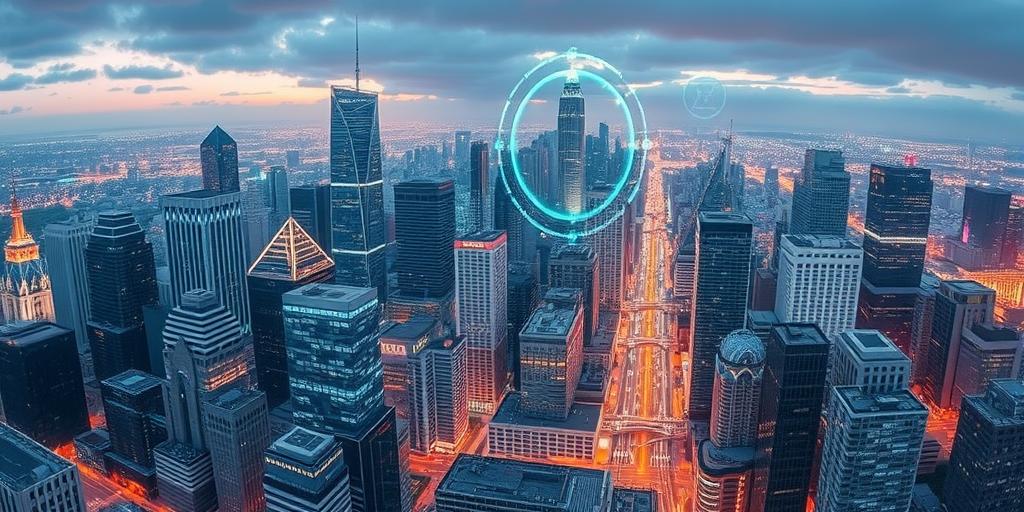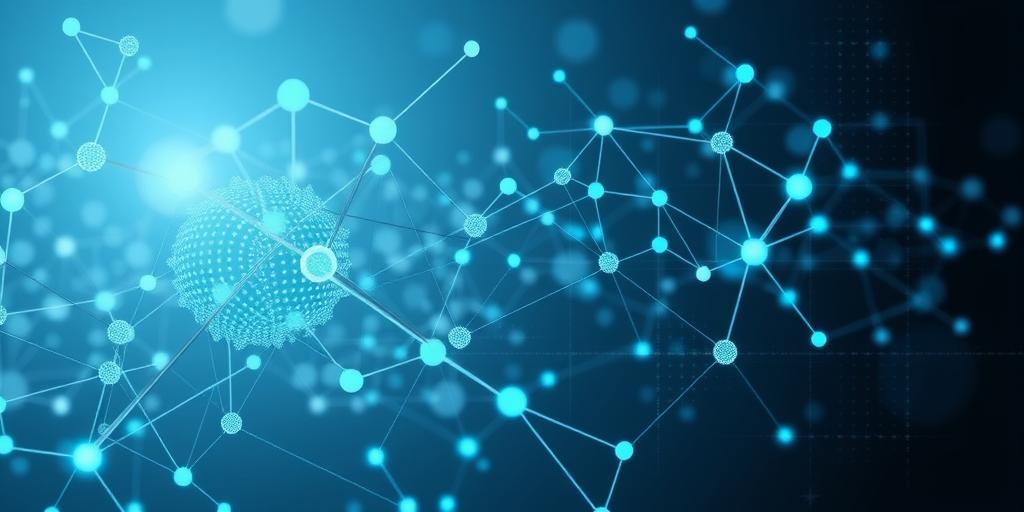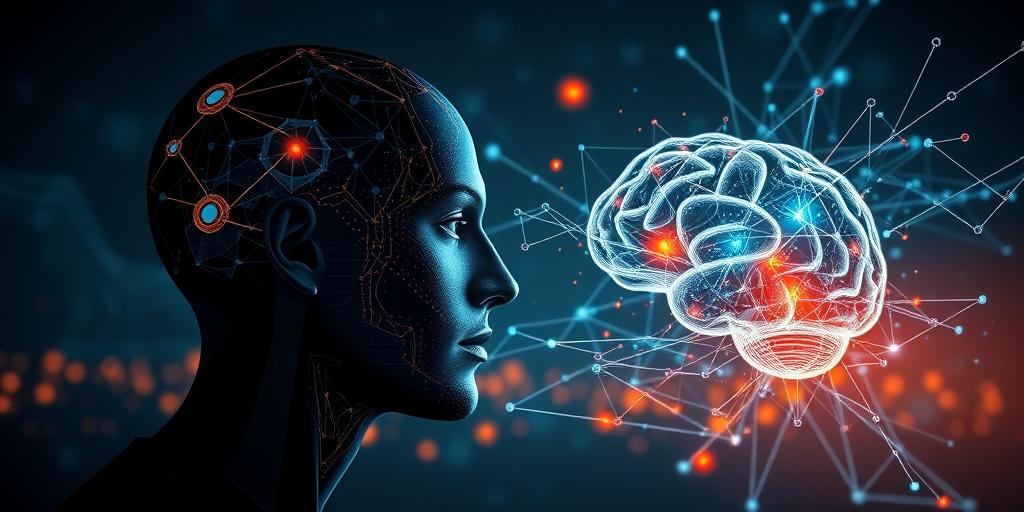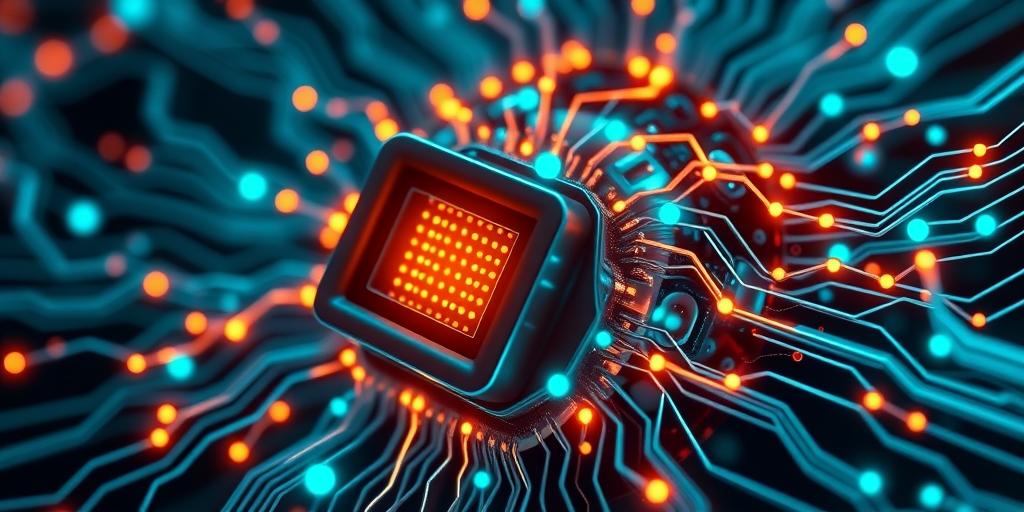
My Take on the Future of AI
My Take on the Future of AI
Artificial intelligence (AI) is no longer a futuristic concept; it's rapidly transforming our present and shaping our future. As someone deeply involved in the tech world, I've been closely watching its evolution, and I have some strong opinions about where it's headed.
The Democratization of AI
One of the most significant trends is the democratization of AI. What was once confined to research labs and tech giants is now becoming accessible to small businesses and individual developers. Cloud-based AI platforms, open-source tools, and pre-trained models are lowering the barrier to entry, enabling anyone to leverage AI for their projects.
This means we'll see a surge in AI-powered applications across various sectors, from healthcare and education to finance and entertainment. Startups will innovate faster, and traditional companies will adopt AI to streamline their operations and enhance customer experiences.
Ethical Considerations and Regulation
However, this rapid proliferation of AI also raises critical ethical concerns. As AI systems become more sophisticated, we need to address issues like bias, transparency, and accountability. AI models can perpetuate and even amplify existing societal biases if not carefully designed and trained.
Regulation will inevitably play a role in shaping the future of AI. Governments and industry organizations must collaborate to establish guidelines and standards that ensure AI is used responsibly and ethically. This includes protecting privacy, preventing discrimination, and promoting fairness.
The Rise of Edge AI
Another key trend is the rise of edge AI. Instead of relying solely on centralized cloud servers, AI is increasingly being deployed on edge devices like smartphones, cameras, and IoT sensors. This brings several advantages, including lower latency, improved privacy, and reduced bandwidth consumption.
Edge AI will enable real-time decision-making in applications like autonomous vehicles, smart cities, and industrial automation. It will also empower individuals to control their data and maintain privacy, as processing occurs locally on their devices.
The Human-AI Collaboration
Ultimately, the future of AI is not about replacing humans but augmenting our capabilities. AI can handle repetitive tasks, analyze vast amounts of data, and provide insights that humans might miss. This frees up human workers to focus on more creative, strategic, and empathetic tasks.
The most successful organizations will be those that embrace human-AI collaboration. They will invest in training programs to equip their employees with the skills needed to work alongside AI systems. They will also foster a culture of experimentation and innovation, where humans and AI learn from each other.
Conclusion
The future of AI is full of possibilities. As AI becomes more accessible, ethical, and integrated into our lives, it has the potential to solve some of the world's most pressing challenges and improve the human condition. However, it's up to us to ensure that AI is developed and used responsibly, with the best interests of humanity in mind.







